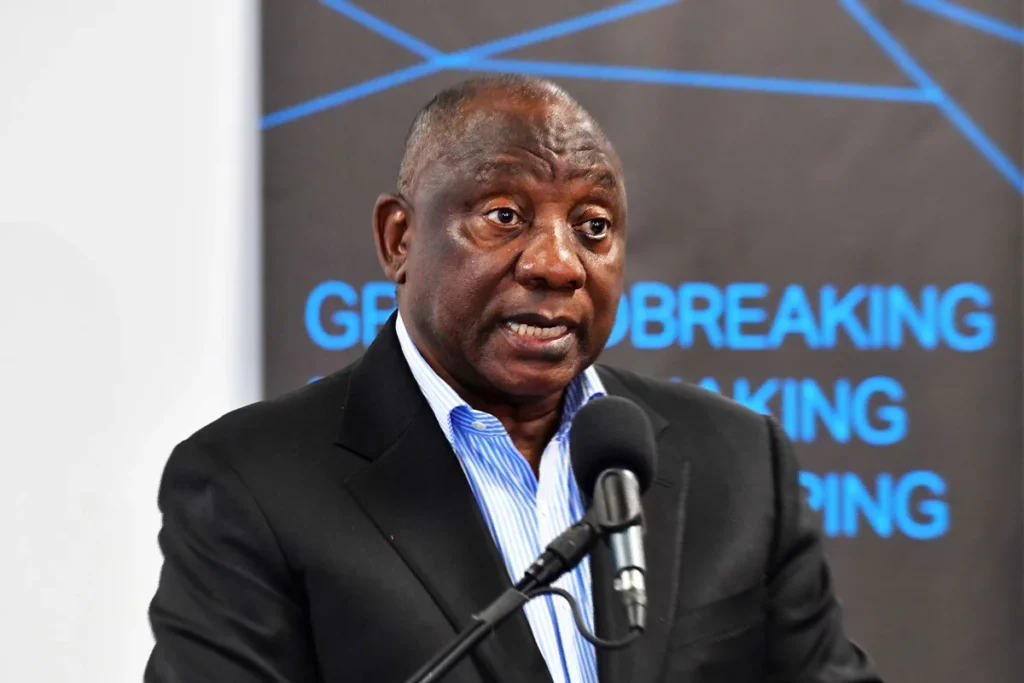Presidential spokesperson Vincent Magwenya announced on Wednesday that President Cyril Ramaphosa has signed the Employment Equity Bill into law. The bill, which had been passed by both the National Assembly and National Council of Provinces on 17 May 2022, aims to promote diversity and equality in the workplace.
The Employment Equity Bill also empowers the government to establish specific equity targets by sector and region, where transformation initiatives have been lacking. Companies with more than 50 employees are required by law to submit employment equity plans to the Department of Employment and Labour on how to achieve these targets, and then provide annual reports.
To conduct business with the state, companies must provide a certificate from the Department certifying their compliance with the Employment Equity Act and its objectives, as well as their adherence to the national minimum wage. The Employment and Labour Department has mandated labour inspectors to visit workplaces and issue compliance orders to ensure employment equity goals are met. The Department has also committed to increasing the number of labour and health and safety inspectors to enforce compliance.
The amendments aim to give the Employment and Labour Minister the power to regulate sector-specific Employment Equity targets and compliance criteria for issuing Employment Equity Compliance Certificates under Section 53 of the Act.
One crucial aspect of the new legislation involves identifying which businesses are considered “designated employers” – those that must provide EE reports – since these employers are the target of the new laws. In the past, a designated employer was one that employed 50 or more individuals, or one that employed fewer than 50 but had an annual turnover equal to or above the EE Act’s threshold for that specific sector.
However, the definition of designated employer has now changed so that businesses employing fewer than 50 people are no longer included, regardless of their annual turnover. This is a significant change because these companies will be exempt from the obligation to ensure that suitably qualified individuals from designated groups have equal employment opportunities and are represented at all occupational levels.
Large businesses that meet the criteria of being a designated employer will be impacted the most by the recent changes. The employment and labour minister now has the authority to regulate sector-specific EE targets and compliance criteria, which will significantly affect how businesses comply with the act. Although the exact targets are unknown, designated employers must closely monitor the minister’s regulations as they will have a practical impact on their compliance.
Even businesses that are not directly involved with the government must follow the law. The Labour Policy and Industrial Relations Acting Deputy Director-General, Thembinkosi Mkalipi, has stated that an EE online assessment system will be developed to monitor the implementation of sector targets, and assessments will be conducted annually.
